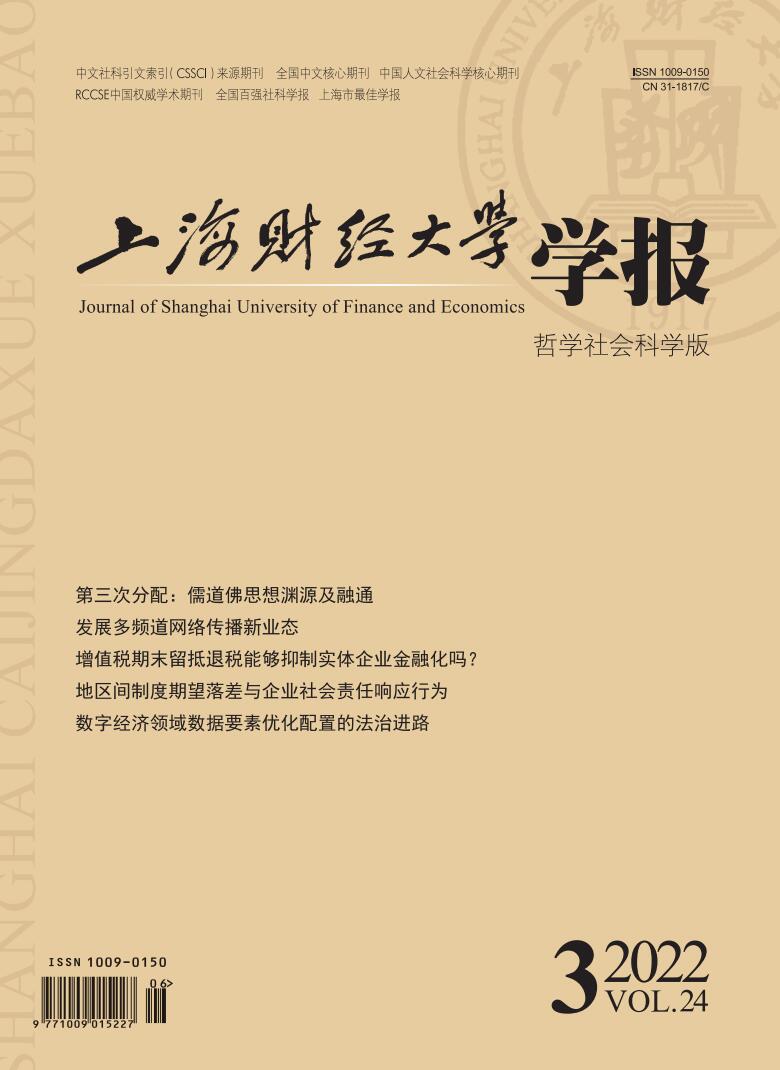Top managers are the core and soul of enterprises. Existing studies have shown that the personal characteristics of managers will have a significant impact on the business decision-making of enterprises, but most of the current studies focus on the impact of CEO personal characteristics on enterprise decision-making, and the role of non-CEO executives in enterprise financial decision-making has not been fully investigated. Taking China’s non-financial listed companies from 2007 to 2020 as a sample, based on the logical idea that managers pursue the maximization of their own interests under certain constraints, this paper positions the research perspective within the management, and takes the “independence” of non-CEO executives as the starting point to explore the impact of the internal governance effect of the management on the financialization of non-financial enterprises. The study finds that non-CEO executives are not always able to exert the effect of internal governance, and there is a significant inverted U-shaped relationship between the “independence” level of non-CEO executives and the level of enterprise financialization. The comprehensive impact of the internal relationship of the management on enterprise financialization will depend on the relative strength of the two opposing effects, resulting in asymmetric effects. When the “independence” level of non-CEO executives is higher than the threshold, the “internal governance effect” of the “independence” of non-CEO executives will play a leading role, thus significantly inhibiting the level of enterprise financialization; when the “independence” level of non-CEO executives is lower than the threshold, with the improvement of the “independence” level of non-CEO executives, the self-interest motivation of non-CEO executives is strong, which makes the financial level of entity enterprises higher and the investment level of entity enterprises lower. Further research finds that the internal and external governance mechanism of enterprises can regulate the relationship between them. The higher the shareholding ratio of the management, the weaker the motivation of “self-interest”, and the promotion effect of non-CEO executives’ independence on enterprise financialization is restrained when the “independence” level is lower than the threshold; the supervision effect of external creditors can significantly negatively regulate the inverted U-shaped relationship between the “independence” of non-CEO executives and enterprise financialization. It is found from the mechanism that when the “independence” level of non-CEO executives is lower than the threshold, the “self-interest motivation” of non-CEO executives urges enterprises to hold more financial assets to improve personal income; when the “independence” level of non-CEO executives is higher than the threshold, non-CEO executives will pay more attention to enterprise development and personal career prospects. The effect of internal governance can inhibit enterprise financialization by reducing agency costs. The research conclusion is of great significance to enrich the relevant literature on enterprise financialization and the internal governance of the management, and promote enterprises to optimize the management structure of listed companies.
 / Journals / Journal of Shanghai University of Finance and Economics
/ Journals / Journal of Shanghai University of Finance and EconomicsJournal of Shanghai University of Finance and Economics
LiuYuanchun, Editor-in-Chief
ZhengChunrong, Vice Executive Editor-in-Chief
GuoChanglin YanJinqiang WangWenbin WuWenfang, Vice Editor-in-Chief
Independence of Non-CEO Executives and Financialization of Entity Enterprises
Journal of Shanghai University of Finance and Economics Vol. 24, Issue 03, pp. 45 - 60,122 (2022) DOI:10.16538/j.cnki.jsufe.2022.03.004
Summary
References
Summary
Cite this article
Du Yong, Wang Ting. Independence of Non-CEO Executives and Financialization of Entity Enterprises[J]. Journal of Shanghai University of Finance and Economics, 2022, 24(3): 45-60.
Export Citations as:
For
ISSUE COVER
RELATED ARTICLES




 4355
4355  5784
5784

